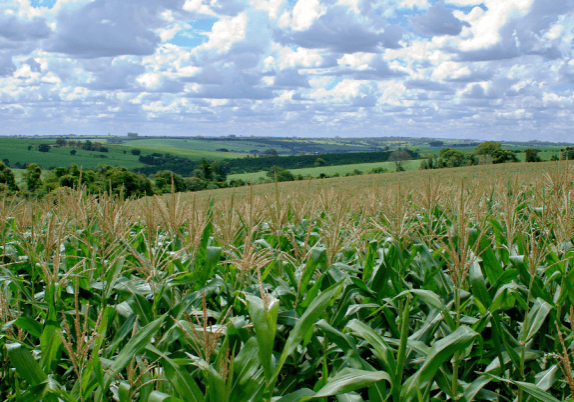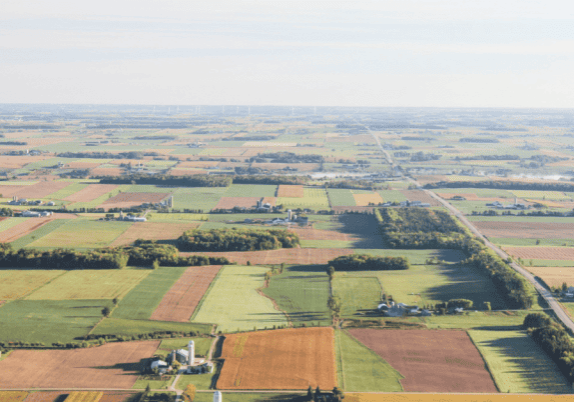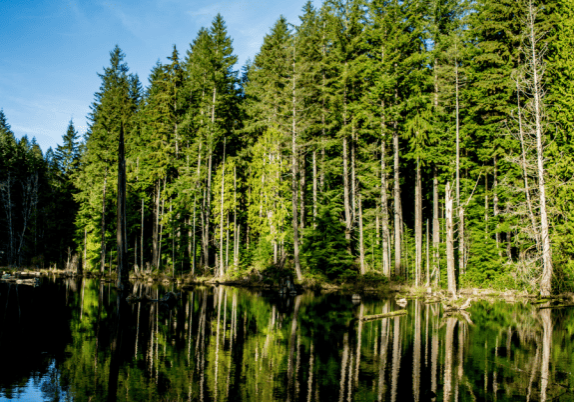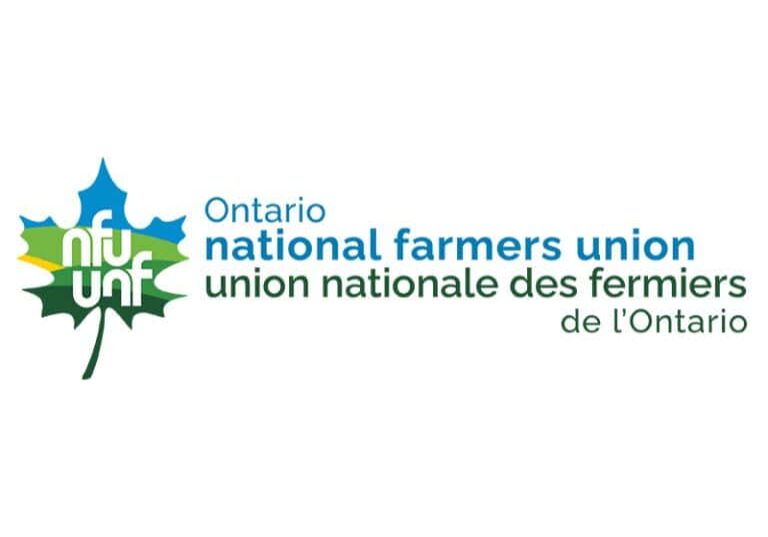Conservation Authorities Letter to Premier
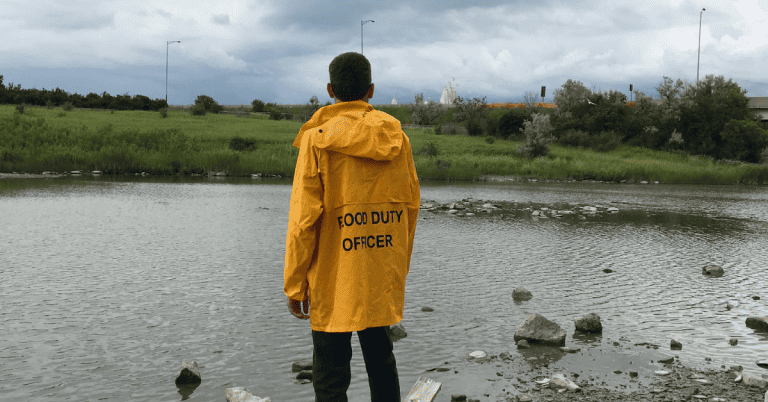
Dear Premier Ford,
We, the 112 undersigned organizations, call on the Government of Ontario to retain the current mandate of the province’s 36 Conservation Authorities in protecting, restoring and managing the watersheds where 95 percent of Ontarians reside. Their functions and responsibilities with respect to land use planning and permitting, monitoring, stewardship and education must be maintained, for the reasons outlined below.
Our Conservation Authorities are a unique and widely respected Ontario innovation. They were established in the 1940s in response to concerns expressed by agricultural, environmental and sports groups about the unhealthy state of the province’s lands and waters as a result of poor resource management practices. The combined impacts of drought and deforestation had led to extensive soil loss and flooding, pointing to the need for a regional approach to managing Ontario’s watersheds, for the safety and well-being of communities.
Today, Conservation Authorities provide a much-valued bridge across municipal boundaries to understand and address environmental concerns, such as flooding. Because they operate at the watershed level, they are ideally positioned to encourage science-based collaborative strategies and decision-making.
The Flood Advisor’s report showed strong support for the Conservation Authority model in protecting Ontario from the impacts of climate change. Their role in flood mapping, hazard assessment and monitoring is critical to protecting life and property. This model only works, however, if Conservation Authorities have the necessary regulatory power, appropriate staffing and adequate funding to intervene in planning decisions and development applications. Their vital role in land use planning and permitting must be retained to ensure that development does not put communities at risk from flooding and other climate change impacts through loss of wetlands, woodlands and farmland.
The monitoring initiatives implemented by Conservation Authorities are necessary for delivery of flood mitigation and drinking water protection programs. Additionally, they support broader environmental protections including land conservation (including areas of importance to protecting water resources), biodiversity conservation, water quality protection and ecological restoration. This monitoring role is essential to evidence-based decision-making and should be maintained.
Conservation Authorities are locally based organizations that have a solid track record in responding innovatively and effectively to community needs and priorities. They support multiple municipalities and partner with conservation groups, farmers, other landowners and other community members. They deliver regionally significant projects and provide on-the-ground expertise and funding. Such projects include, for example, implementation of agricultural best practices and wetland restoration or creation.
The province’s Conservation Authorities are the second largest landowner in Ontario, protecting significant natural areas and hydrological features in our watersheds. They also own and manage conservation areas that are open to the public and provide highly valued nature-based opportunities for recreation and leisure for millions of Ontarians. Here and across their watersheds Conservation Authorities deliver valuable education and outreach programs, serving youth and enriching communities across Ontario.
Any effort to reduce or constrain the mandate of Conservation Authorities is contradictory to the interests of the people of Ontario who are facing enormous risks and costs as a result of climate change and ongoing biodiversity loss. The roles and responsibilities of Conservation Authorities are critical in protecting the lands, waters and wildlife which benefit businesses and communities across Ontario, and upon which our health and well-being ultimately depend.
None of us can afford to ignore the tragic history of poor watershed management and over-exploitation which led to the creation of Conservation Authorities in the last century. Now more than ever we need their expertise to respond effectively to the challenges ahead.
